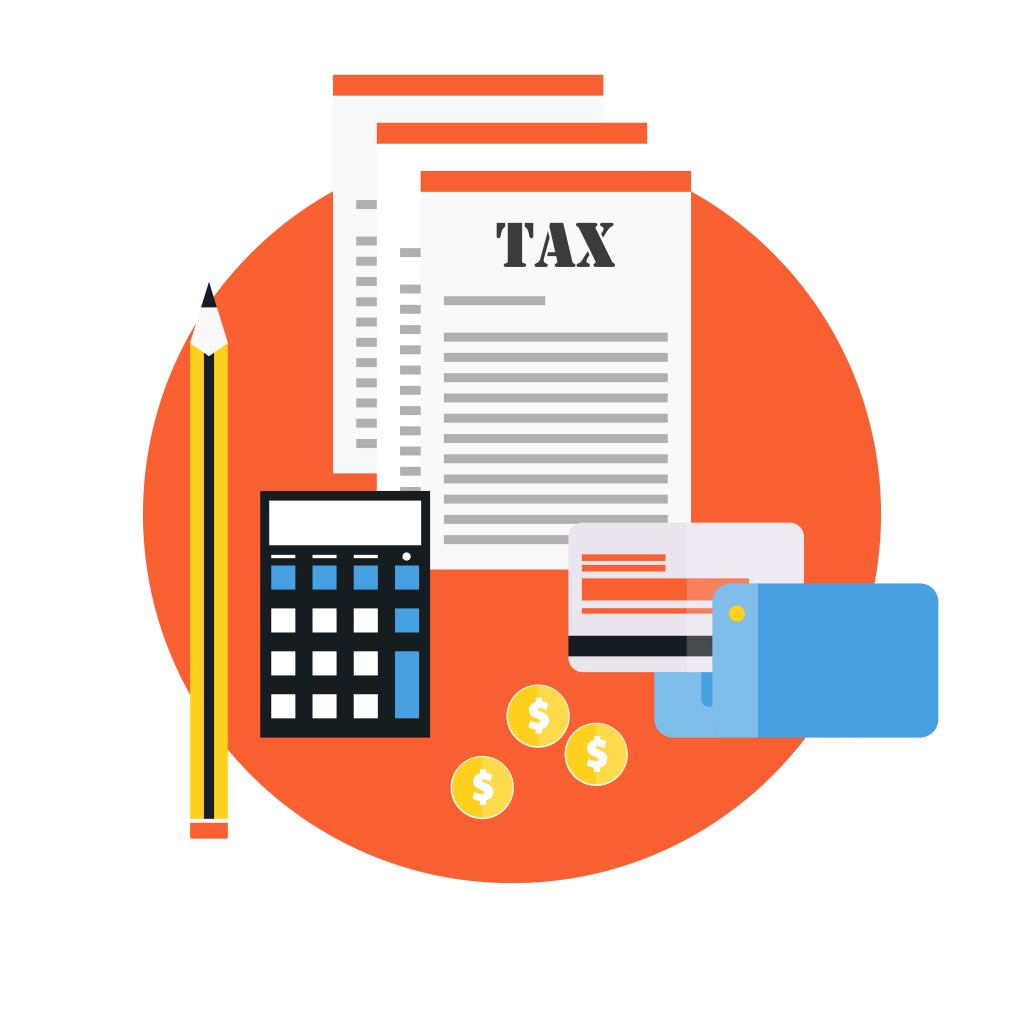Guest Post by FreshBooks.
Taxes are a concern for every business owner. If you’re anything like me, your mind is constantly buzzing with questions… Am I paying enough? Am I paying too much? How can I avoid an expensive audit?
Tracking these things can feel like a hassle, but it’s worth the investment to do things right from the beginning. If you don’t know where to look, you could end up paying way too much for taxes.
And paying too much cuts into your bottom line.
As someone that yearns for efficiency, I’m always looking for ways to be more productive and successful – especially when it comes to business finances. And that’s why I’d like to share some of these tips here with you today.
Implementing these tips will help you reduce overpaying, maximize deductions, and avoid red flags that may result in an audit.
Keep precise records
There are seemingly endless local, state, and federal requirements when it comes to tax reporting. Keeping precise records of every dollar that comes and goes will ensure compliance with these regulations.
By doing this, you’ll avoid the expensive fines that can accompany incomplete reporting during tax season. Plus, great records mean you’ll always be prepared if you get hit with an audit.
Choose the right business structure
The right structure choice depends on your business. Different structures have different taxing regulations and capabilities, meaning that changing your business structure may help you immediately save money on taxes.
A common example is an LLC deciding to be taxed as an S-Corporation. This means that only the salary paid to the business owner is subjected to FICA taxes.
Deduct as much as possible
Volumes have been written about small business tax deductions, and you should try to identify every single deduction that’s applicable to your business. Some common deductions that small business owners often miss are:
- Home offices – provided you only use the space for business purposes
- Lunch meetings
- Your personal cell phone, if usage is tracked adequately
- Premiums for health care
- Travel expenses for business trips
Deductions can be risky because improperly deducting something can result in an audit. Home offices, for example, are believed by some to be common red flags for audits. However, as long as you carefully calculate the amount deducted and provide evidence that you aren’t deducting your living room with a family computer, you’ll likely be fine.
Hire an accountant or bookkeeper
Hiring someone doesn’t sound like a way to save money on taxes, does it? I’m spending money, so it’s clearly not going to save me money.
That perspective is understandable, but it’s usually incorrect.
Accountants will accomplish much more per hour than you. And not only that, but your time is much better spent doing things that can generate more revenue for the business.
Most importantly, an accountant will help you discover additional deductions and do everything in their power to help you avoid an audit. You can provide an accountant with safe access to your bookkeeping software to reduce the time they have to bill.
Are you ready to save on taxes?
Running a successful small business is an amazing feat, and you don’t want to jeopardize it by owing too much come tax season. Keeping precise records, choosing the right business structure, and finding as many deductions as possible is a great place to start.
And then you can round off your efforts by hiring a professional accountant.
Each of these things will help save you money on taxes, either directly or by preventing fines and audits. Plus, working with an accountant, even on a consultation basis, will clarify any questions or issues you may have.
About the author
Robb Eng is a Senior Marketing Manager for FreshBooks. FreshBooks’ cloud accounting software provides painless billing for small business owners and freelancers.
